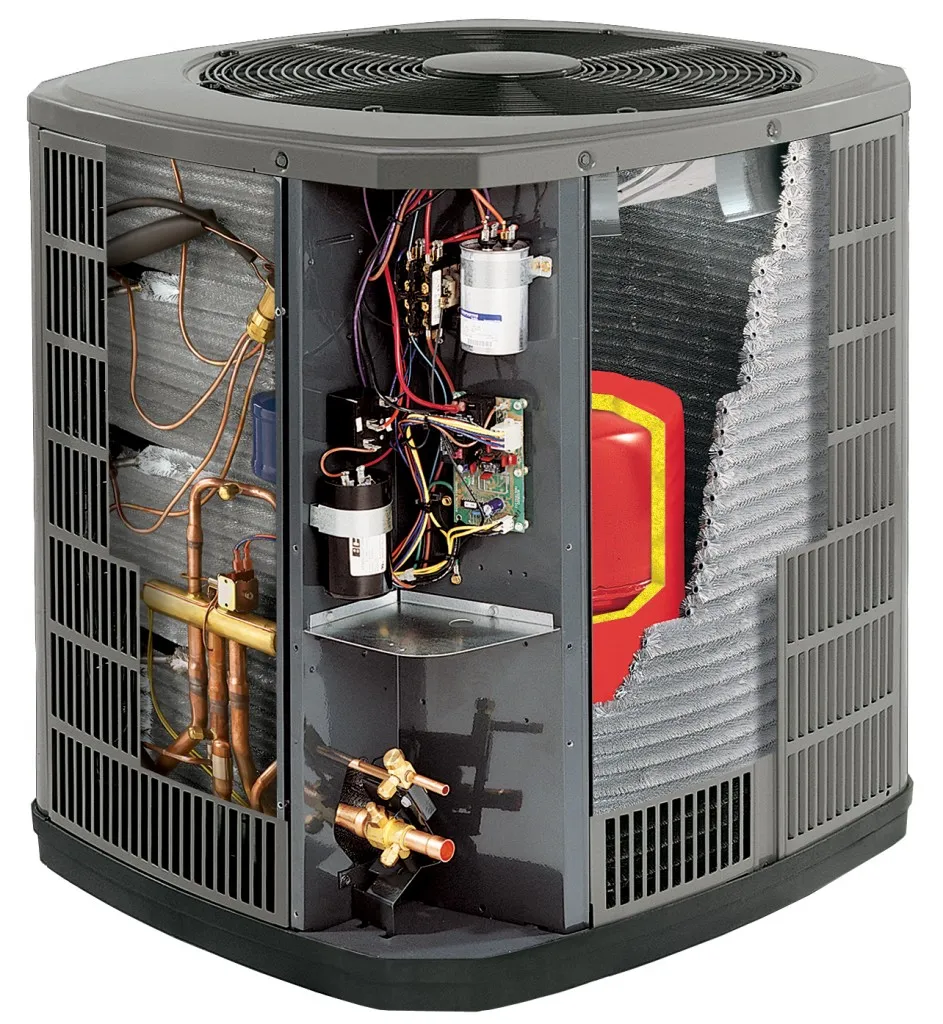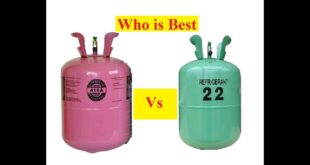An HVAC system is an essential component of any building, whether residential or commercial. HVAC stands for heating, ventilation, and air conditioning.
The system provides heating and cooling to maintain a comfortable indoor temperature, and ventilation to ensure proper air circulation.
In this article, we will discuss what an HVAC system is, how it works, and the different types of HVAC systems available.
“An HVAC system, or heating, ventilation, and air conditioning system, is a system that is used to regulate the temperature, humidity, and air quality in a building. HVAC systems are critical for residential and commercial properties, as they ensure that the occupants are comfortable and healthy.”

What is an HVAC System?
An HVAC system is a complex network of components that work together to provide heating, ventilation, and air conditioning to a building. The system typically consists of a furnace or boiler, air conditioner, ductwork, and thermostat. The furnace or boiler heats the air, while the air conditioner cools it down. The ductwork distributes the air throughout the building, and the thermostat controls the temperature.
How Does an HVAC System Work?
The HVAC system works by circulating air through the building, using a series of ducts and vents. The system is controlled by a thermostat, which regulates the temperature and humidity levels. When the temperature drops below the set point, the furnace or boiler is activated to heat the air. When the temperature rises above the set point, the air conditioner is activated to cool the air.
The furnace or boiler uses fuel, such as natural gas or oil, to heat the air. The heat is transferred to the air through a heat exchanger, and the blower fan circulates the heated air through the ductwork. The air conditioner uses refrigerant to cool the air. The refrigerant is circulated through the evaporator coil, which removes the heat from the air. The cooled air is then circulated through the ductwork.
The ventilation system ensures that fresh air is brought into the building and stale air is removed. The ventilation system includes ductwork and vents that are designed to circulate the air. The ductwork is typically installed in the walls and ceilings, and the vents are located in each room. The air is circulated through the ductwork and vents, providing fresh air to the building.
Types of HVAC Systems
There are several types of HVAC systems available, including:
- Split System: A split system is the most common type of HVAC system. It consists of an outdoor unit, which houses the air conditioner, and an indoor unit, which houses the furnace or boiler.
- Packaged System: A packaged system is an all-in-one unit that houses both the air conditioner and furnace or boiler. The unit is installed outside the building, and the ductwork connects to the unit.
- Heat Pump: A heat pump is a type of HVAC system that provides both heating and cooling. It works by transferring heat from one area to another, using a refrigerant. In the summer, the heat pump extracts heat from the indoor air and transfers it outside. In the winter, the heat pump extracts heat from the outdoor air and transfers it inside.
- Ductless System: A ductless system, also known as a mini-split system, is a type of HVAC system that does not require ductwork. The system consists of an outdoor unit and one or more indoor units, which are mounted on the wall.
Choosing the Right Type of HVAC System
An HVAC system is an essential component of any building. The system provides heating, ventilation, and air conditioning, ensuring a comfortable indoor environment.
The system works by circulating air through the building, using a series of ducts and vents. There are several types of HVAC systems available, including split systems, packaged systems, heat pumps, and ductless systems.
It is essential to choose the right type of HVAC system for your building, based on the size and layout of the building, as well as your heating and cooling needs.
 E340 USA – Economy – HVAC – Energy – Health – Education
E340 USA – Economy – HVAC – Energy – Health – Education


13 comments
Pingback: Georgia HVAC Services – E340
Pingback: Hawaii HVAC Services – E340
Pingback: Idaho HVAC Services – E340
Pingback: Illinois HVAC Services - Choosing the Right HVAC Contractor in IL
Pingback: Indiana HVAC Services - Choosing the Right HVAC Contractor IN
Pingback: HVAC and Heating & Air Conditioning Installation - E340
Pingback: Iowa HVAC Services - Heating and Air Conditioning Contractors
Pingback: Heating & Air Conditioning Maintenance - Best HVAC Maintenance
Pingback: Kansas HVAC Services - What to Look for in an HVAC Company?
Pingback: Louisiana HVAC Services - How to Choose an HVAC contractor LA
Pingback: Maine HVAC Services - Choosing an HVAC Contractor in Maine
Pingback: What is a thermostat and how it control HVAC systems? - E340
Pingback: What is the Impact of R22 Refrigerant on the Ozone Layer?